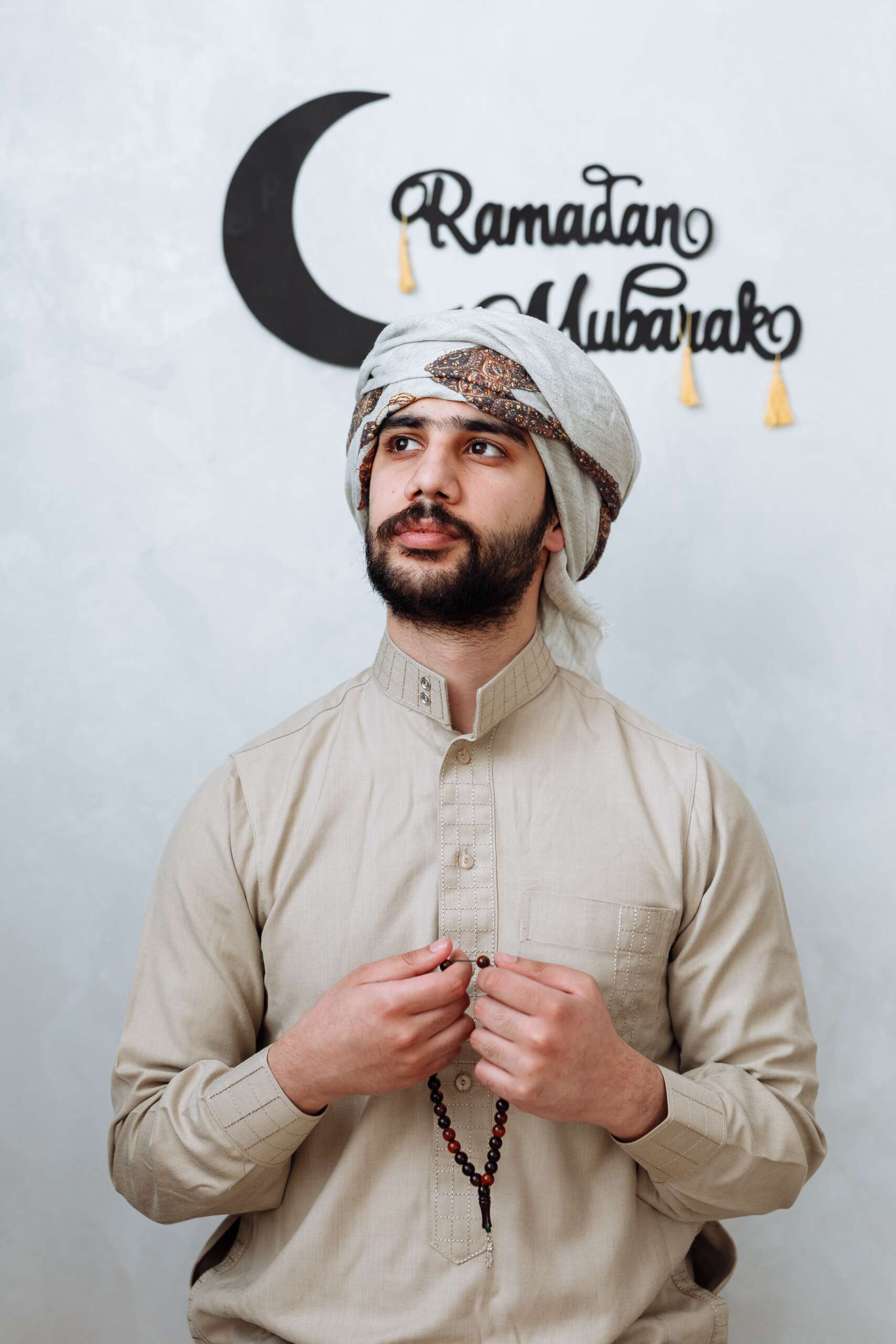Share This Article
This year, the first day of fasting in Mecca will be on Thursday, March 23, Saudi Arabia announced on Tuesday.

The Muslim holy month of Ramadan will begin on Thursday. The pre-sunrise to sunset fast lasts anywhere from 12 to 18 hours, depending on where you are in the world.
Muslims believe that Ramadan is the month when the first verses of the holy book Quran were revealed to the Prophet Muhammad more than 1,400 years ago.
Traditions of Ramadan
Beginning at puberty, all Muslims (with certain exceptions, such as if one is ill, traveling, pregnant, elderly, etc.) take part in the month-long, dawn-to-sunset fast that is the hallmark of Ramadan. Muslims believe that fasting cleanses the body, and the practice reminds them of the suffering of the poor.
Eating and drinking (including water) is prohibited from dawn to sunset, and the day’s abstinence is offset by a pre-dawn meal called sehri and a nightly meal known as iftar. For iftar, many traditionally break the fast by first eating dates, as the Prophet Muhammad is believed to have done to break his fast. Foods traditionally served at iftar vary, but food is often shared with a poor family during Ramadan.
lier each year. This is because the Islamic calendar is based on the lunar Hijri calendar with months that are 29 or 30 days long.

This year, the first day of fasting in Mecca will be on Thursday, March 23, Saudi Arabia announced on Tuesday.
The exact beginning and ending times of the month of Ramadan are based on the sighting of the first crescent Moon on the last night of the eighth month (Sha’ban). Specifically, Ramadan is said to begin at the first observance of the crescent Moon over Mecca, Saudi Arabia (or on a date pre-determined by astronomical calculation). Because of this, start and end dates are not set in stone and may vary by a day.
The dates listed below are based on expected visibility, so may differ slightly from those seen elsewhere.
